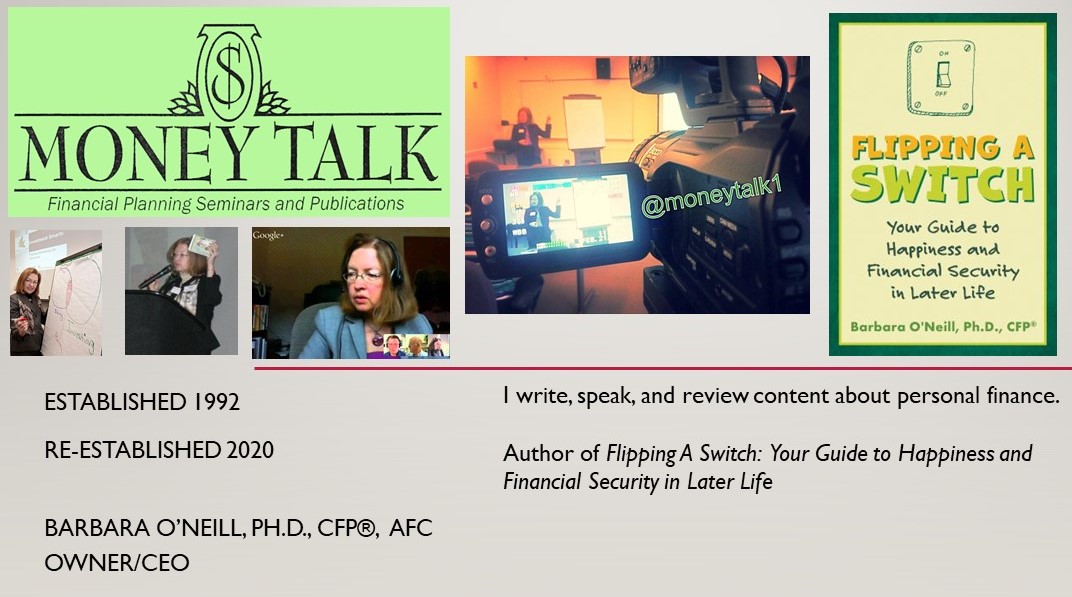It seems like everyday we hear stories about people who become victims of fraud. They are tricked into sending advance deposits for products or services they never receive or making wire-transfers to fraudulent accounts, or divulging sensitive information that can be used to wipe out bank accounts or commit identity theft.
What to do? Nobody can completely reduce their risk of being defrauded because not all of our personal information is under our control. For example, our employer could be hacked or our utility company or a hospital or hotel that we recently stayed at. All of these places hold individuals’ personal information including credit card and Social Security numbers.
Below are five fraud risk reduction tips:
Look for Red Flags-
Never invest in an opportunity that promises “guaranteed” or “risk-free”
returns or astronomical yields in a short period of time. Many people have lost
substantial sums investing in non-existent or worthless oil wells, land,
securities, businesses, and other fraudulent schemes. Always remember that, if
something sounds too good to be true, it probably is!
Beware of Electronic
Contacts- In recent years, as more people started blocking
robocalls on cell phones, fraudsters have taken a different approach. Many now
contact victims using text messages and e-mails. Never click on a link or a
file in an unsolicited message from someone you don’t know. It could unleash
malware on a device or prompt you to divulge personal data.
Beware of Pretexting-
Many fraudsters trick victims into believing they represent a financial
institution, utility company, or government agency. This is called pre-texting,
i.e., where victims are contacted under false pretenses. Fraudsters often claim
there is something wrong with a victim’s account (or tax return) and need
personal information to “verify” or “confirm” its accuracy. Again, an
unsolicited request for data from a stranger is a major red flag.
Guard Your Credit Cards-
A strict interpretation is to never hand your credit card to anyone who can
take it out of your sight and potentially steal the numbers. Think waiters in
restaurants, for example. Either pay in cash, use a credit card reader (some
restaurants have these), or pay with a credit card at a cash register or bar.
Another tip: beware of loose or scratched credit card readers at stores or gas
stations. This could indicate tampering with a credit card skimmer.
Set Up Two-Factor
Authentication (2FA)- The objective here is to make it
difficult for fraudsters to access financial accounts (e.g., bank and
brokerage) to steal money. 2FA is an extra layer of security beyond a user name
and password and requires users to insert a unique passcode (texted to their
phone) or answer a series of challenge questions.
In summary, there are many proactive steps that people can take to
reduce their risk of becoming a crime victim. To learn more, read this useful article from AARP.
This post provides
general personal finance or consumer decision-making information and does not
address all the variables that apply to an individual’s unique situation. It does
not endorse specific products or services and should not be construed as legal
or financial advice. If professional assistance is required, the services of a
competent professional should be sought.






No comments:
Post a Comment